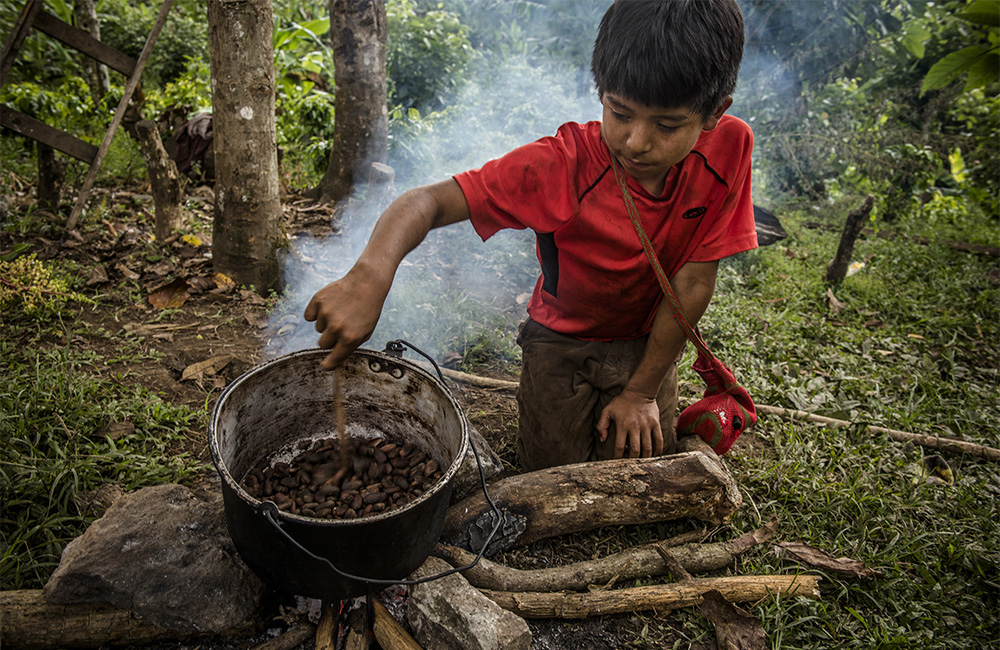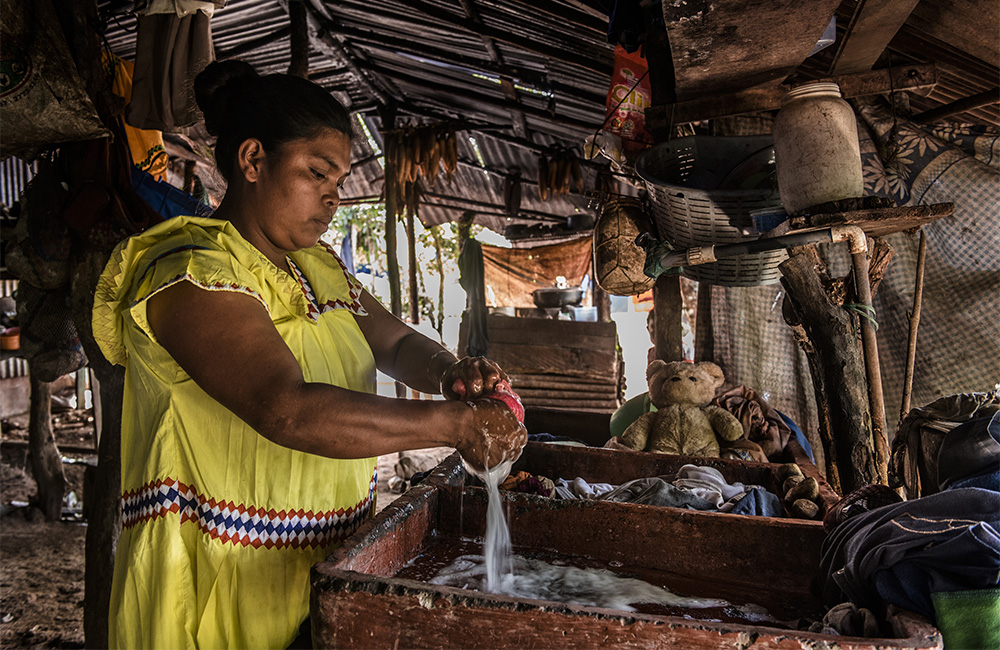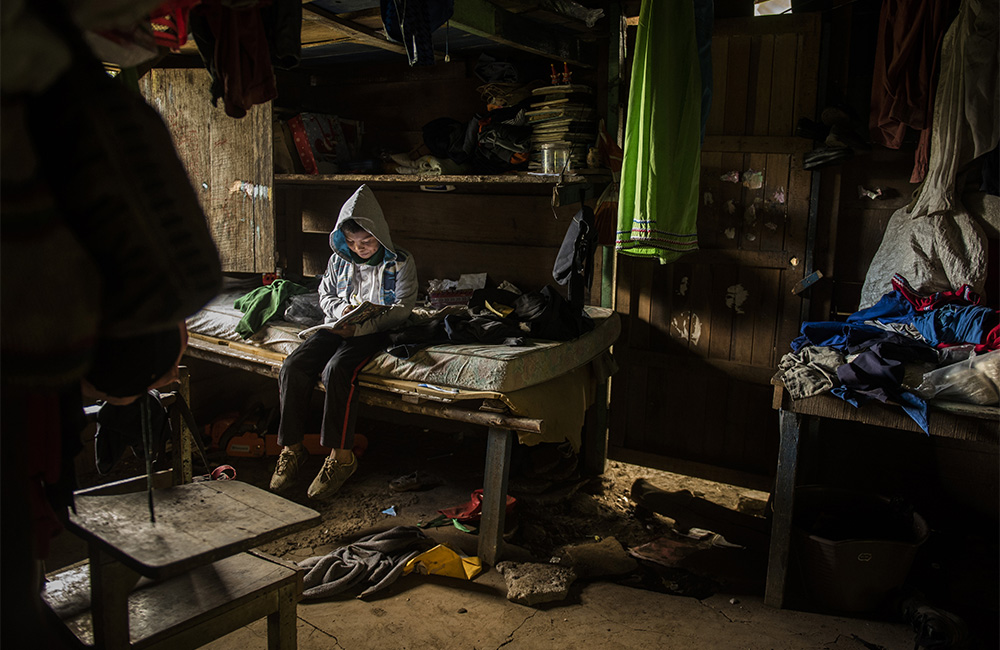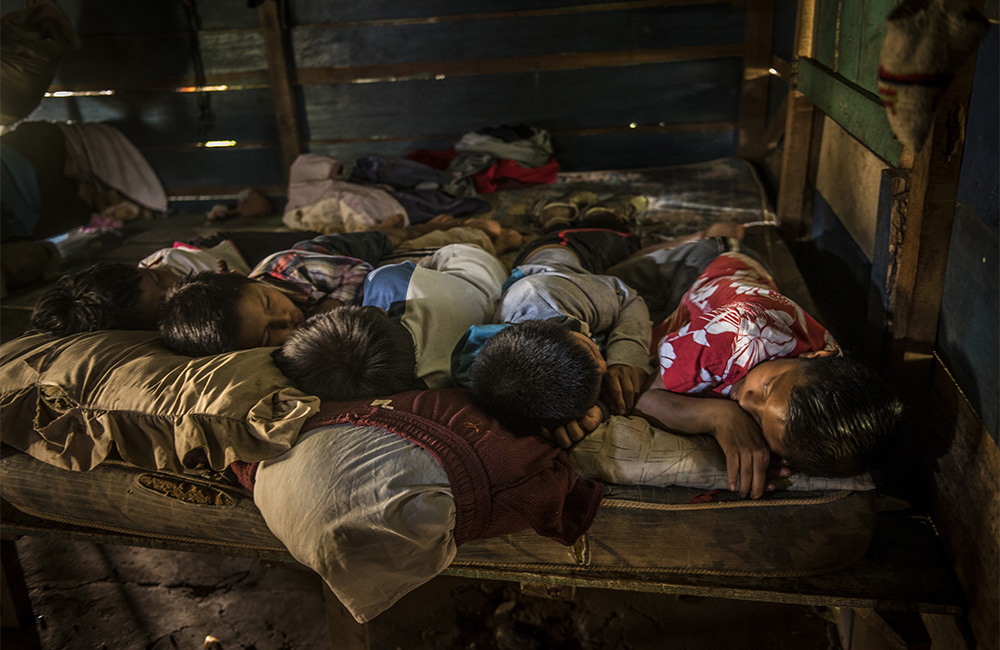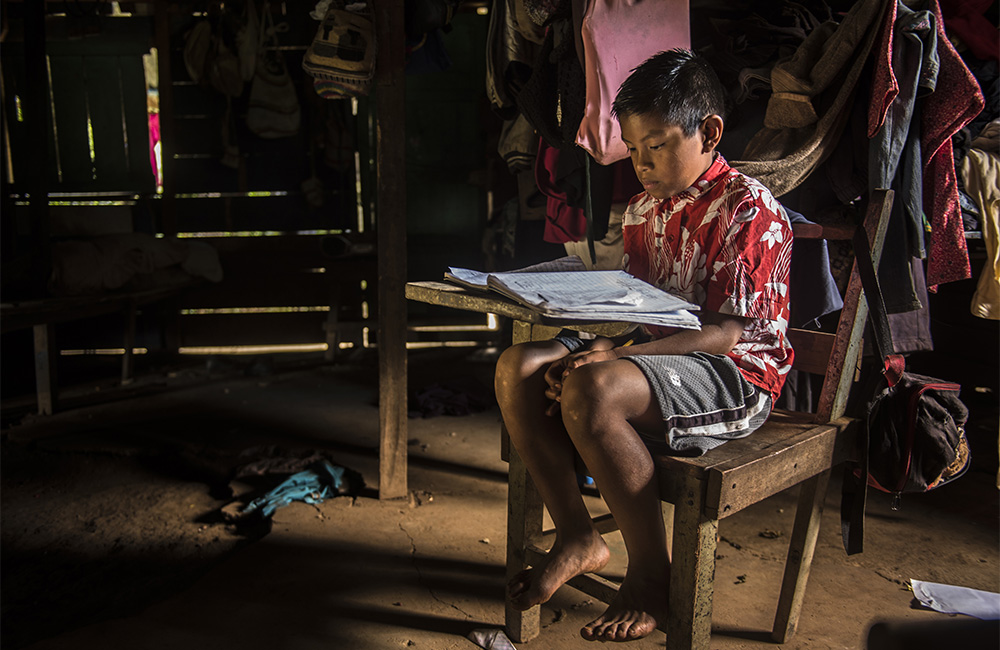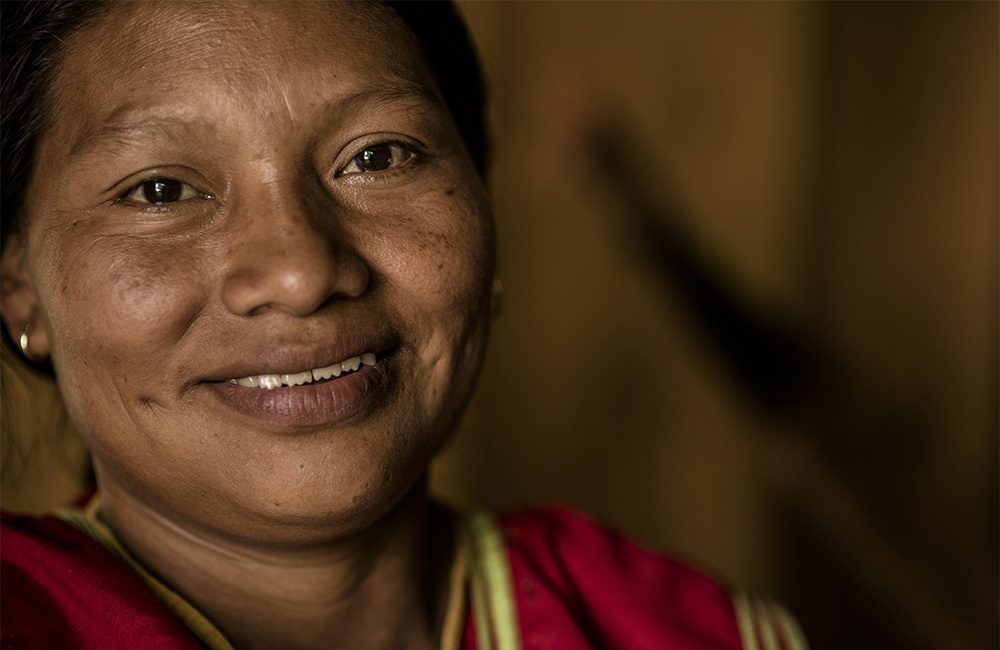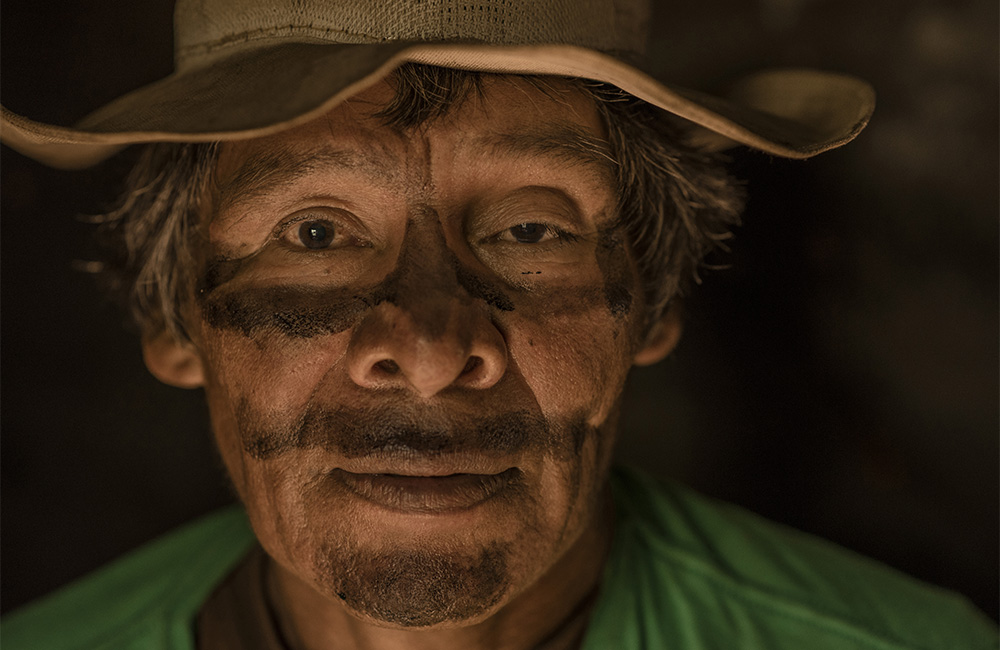The importance of
being registered
The indigenous Ngöbe Bugle people live a cross border life in their ancestral territories straddling Costa Rica and Panama. This traditional lifestyle contributed to a risk of becoming stateless, but a UNHCR supported project prevented this and helped clear their way to Costa Rican nationality and the benefit this brings, including access to school and health care. Members of the Ngöbe Bugle say how this changed their lives, told in their own words.
Sign our Open Letter to End Statelessness by 2024:

